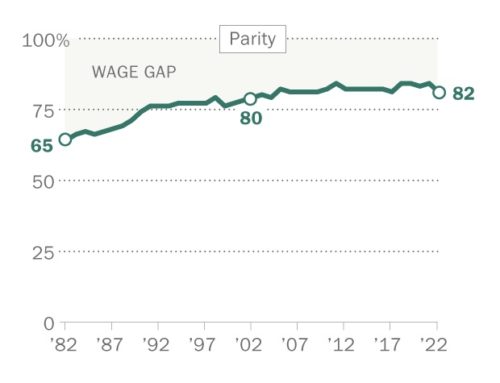“Certainly these children are deserving of services, but it’s a question of whether all this money is actually benefiting them or is being wasted on the contractors.” – Raymond J. Domanico, director of education research for the city’s Independent Budget Office.
Given the tight budgets that encumber governments at all levels, we need to analyze programs from the perspective of cost-benefit analysis so that we can offer the broadest array of socially enriching services that our society can afford. Unless we apply cost-benefit analysis, we will not promote good governance.
I would like to share with you the downside of a program run by New York City. Its pitfalls have national ramifications because as citizens we need to go beyond the rhetoric of whether the government has an obligation to rectify social ills.
On June 6th in an article by David Halbfinger the New York Times reported that opportunists have exploited a special education program for 3-and 4-year olds in New York City. The program serves 25,000 children with physical, learning, developmental and other disabilities. Annual costs have soared to about $40,000 per child. Some pre-K students are receiving behavior-modification therapy as many as 35 hours a week, driving their costs as high as $200,000 a year. New York’s costs far exceed those elsewhere. Pennsylvania serves nearly 50,000 children for about $5,100 a child, Massachusetts, whose program is considered “resource-rich” by experts in the field, spends less than $10,000 a child. New York is the only state that turns over the program to private contractors, many of which are for-profit companies. Education and budget officials said they were alarmed by the high costs and irregularities, but maintained that lobbyists for private contractors had blocked efforts in Albany to curb spending.
This program that serves approximately 3% of New York City’s public students now accounts for about 6 % of the city’s $19 billion education budget.
Going forward New York City needs to allocate upfront enough funds to audit their programs. Furthermore, the city should establish strict guidelines encompassing monetary and criminal penalties for malefactors. Otherwise, the abuses in this program will ensnare other city services. Before launching a full scale program the city might be better served with a pilot project where it would be easier to spot and fix pitfalls.
The private contractors, who have their tuition rates set by the state, have become an influential lobbying force in Albany, where they rallied parents of disabled children to protest spending curbs in the program.
Regulators rely on contractors’ own accountants to vouch for billing. City and state officials conduct audits infrequently, and when they do, the results often languish on the shelves of the State Education Department.
Some contractors have billed the program for jewelry, expensive clothing, vacations to Mexico and spa trips to the Canyon Ranch resort, The Times found in a review of a decade’s worth of education, financial and court records. Others have hired relatives at inflated salaries or for no-show jobs, or funneled public money into expensive rents paid by their preschools to entities they control personally.
The contractors often have a dual role: they evaluate children and identify disabilities, and then they deliver services, at costs that are higher than in other states, education experts said. Under this structure, contractors have an incentive to inflate the number of services children require, said Julie Berry Cullen, an economist who has studied special-education spending.
Penalties for overbilling are relatively mild. Many contractors view weak penalties as the “cost of doing business,” said Jerry Barber, an assistant state comptroller who has had a role in special-ed pre-K audits since the 1990s. “If you’re a bad actor, you’ll just figure out a new way to game the system again next year,” he said. “You’ll figure the auditors won’t be around again for three or four more years — if they ever come back.”
To what extent is New York’s current mayor, Mike Bloomberg, to blame? Could Bloomberg have applied the business skills that he used in developing his own company? Businessmen appeal to many of us voters because of their practical hands-on experience. Is business experience a red herring in the public arena field? I hope not!
Originally published in the Sarasota Herald-Tribune



